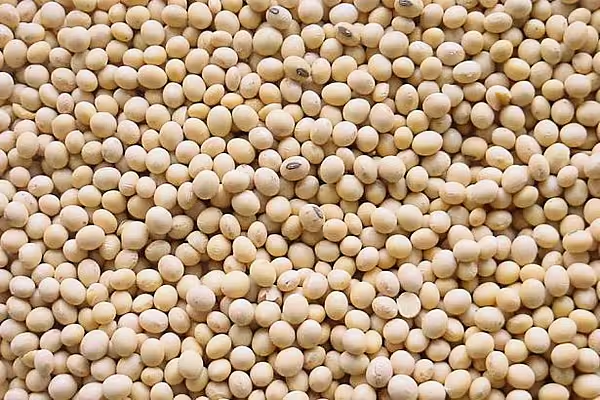China's move to slap tariffs on U.S. farm products sent Brazil soy premiums surging to historic highs on expectations of higher export demand on Wednesday, but traders and analysts warned that Latin America could not entirely replace U.S. production.
China responded to U.S. President Donald Trump's plans to impose $50 billion in tariffs on its goods by announcing tariffs of equal value on U.S. imports, including a wide range of agricultural products.
Goods produced in South America made the list, including soy, beef, tobacco, cotton and frozen orange juice.
That raised the prospect that China would seek to shift large parts of its agricultural sourcing from the United States to the region. Alternate global suppliers of goods ranging from televisions to vaccines could be unexpected beneficiaries of Trump's policies.
Already record high premiums for Brazilian soy over Chicago prices were driven up 37 percent in response, the biggest one-day increase since January 2017.
High Premiums
"I have never seen a premium this high in history, this in a way will more than compensate for the bloodbath in Chicago," said Aedson Pereira, an analyst at IEG-FNP, a subsidiary of Informa Economics.
Chicago soybeans futures contracts for May delivery fell 2 percent, closing at around $10.15 per bushel, retracing some losses after a 5 percent plunge.
But Latin America does not produce enough to compensate fully for U.S. output - and that may help push China and the United States to settle the dispute, according to Pereira and other analysts.
Brazil already sells roughly 75 percent of its soybean exports to China and with increasing domestic demand is unlikely to be able to free up much more for export.
"Even if Brazil sells its entire export volume to China, the Asian country would be short of 30 million tonnes," said one Brazil-based analyst, who declined to be named as he was not authorized to speak to the media.
South America's other top producer Argentina already sent almost 90 percent of its 7.3 million soybeans to China last year, while smaller Paraguay does not have diplomatic relations with China.
The outlook for soybean prices was already robust after Argentina supplies took a hit from drought, while China's demand has continued to rise.
Rodrigo Oliveira, chief strategist of Agro Financeira, a small trading and hedging firm based in the state of Tocantins, said his firm was looking to take advantage, buying up more Brazilian soybeans compared to last year.
"When China is going to buy from Brazilian trading (firms), they will have to pay us the Brazilian premium," said Oliveira. "This is going to be huge for Brazilian soybean prices."
News by Reuters, edited by ESM. Click subscribe to sign up to ESM: The European Supermarket Magazine.














